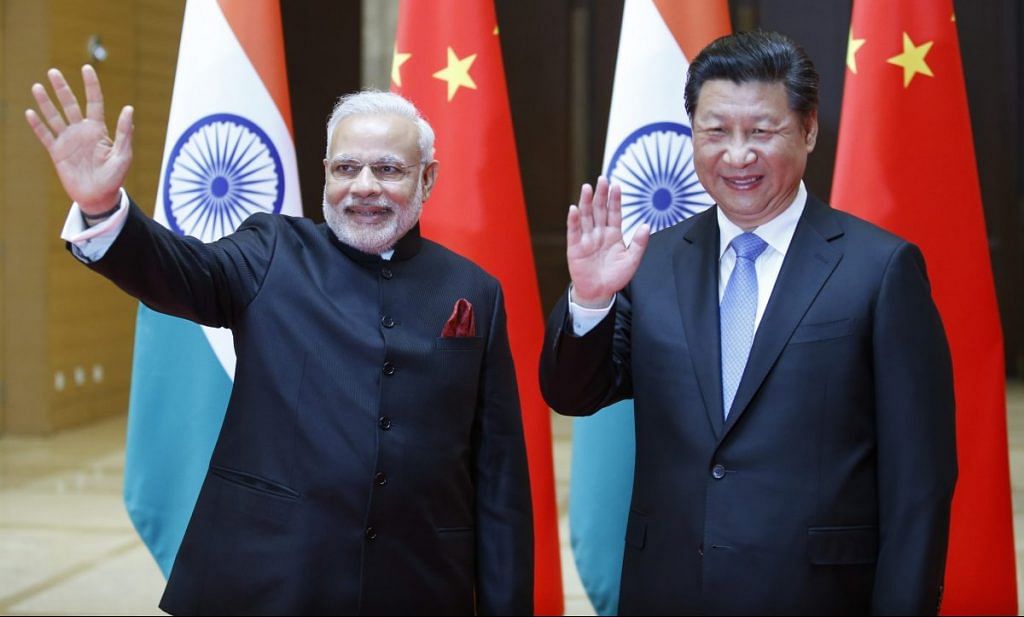Vijay Gokhale belongs to a new generation of China experts in MEA which understands changes in Beijing and believes in a direct approach.
The appointment of Vijay Gokhale as foreign secretary signals a quiet but significant shift in India’s approach towards China, one that informed India’s decision to take on Chinese troops in Doklam.
Gokhale was India’s ambassador in Beijing then, and was eventually responsible for negotiating the withdrawal of troops ahead of Prime Minister Narendra Modi’s visit to Xiamen for the BRICS summit. He held more than a dozen rounds of talks with his Chinese interlocutors during that time.
But Gokhale, perhaps, was among a minority who had seen this coming, back during his days as joint secretary in-charge of China around 2008-09. It was during this time that outgoing foreign secretary S. Jaishankar was made ambassador to China, and the two had a convergence of views on dealing with Beijing.
Their views did not essentially match those of the close-knit, Mandarin-speaking Chinese specialists of the Indian Foreign Service (IFS), which had high-profile diplomats such as former national security advisor Shivshankar Menon and former foreign secretary Shyam Saran at the helm.
Gokhale, unlike Jaishankar, was also from the same group – a Mandarin-speaking Indian diplomat – but with a different view. He operated from deep inside government territory, spoke little in public, but articulated a new line within the close confines of the IFS.
He belonged to a new generation of China experts trying to make the point that old style methods of dealing with Beijing through multiple layers of nuanced interactions had little purchase.
China, according to them, had changed from the days of Deng Xiaoping and Jiang Zemin. And that the change under Hu Jintao, regardless of the more acceptable demeanour of then premier Wen Jiabao, would require a more direct approach in engagement.
The new Chinese nationalism wanted global acceptance of Chinese dominance, one that guided a more aggressive policy with Japan and the South China Sea.
China experts such as Gokhale and Gautam Bambawale, India’s current ambassador in Beijing, contested the notion that India could somehow avoid such a situation if it played its cards well.
In their books, it was only a matter of time because the change was fundamental. And so, India must articulate its positions clearly, leaving nothing to ambiguity or chance.
The old approach meant that India kept quiet on transgressions on the Line of Actual Control. But by 2013, when the Depsang crisis happened, the challenge had acquired sharp political overtones. This was going to get worse.
Then came Chumar, followed by Doklam, plus an overall display of Chinese assertion, validating in its wake a whole new thesis in New Delhi. Gokhale, who had until 2010 served largely in China and South East Asia, found himself in Germany when these crises made headlines.
His appointment as ambassador to Beijing after Jaishankar became foreign secretary was a show of faith by the government. Bambawale, the other China expert, was then sent to Pakistan. Now, as Gokhale returned to headquarters and was tipped to take over as the next FS, Bambawale was sent to Beijing.
Clearly, a new China order that was in the making over the past few years is now firmly ensconced in South Block, transitioning an old approach that many would argue has still not lost the battle.
